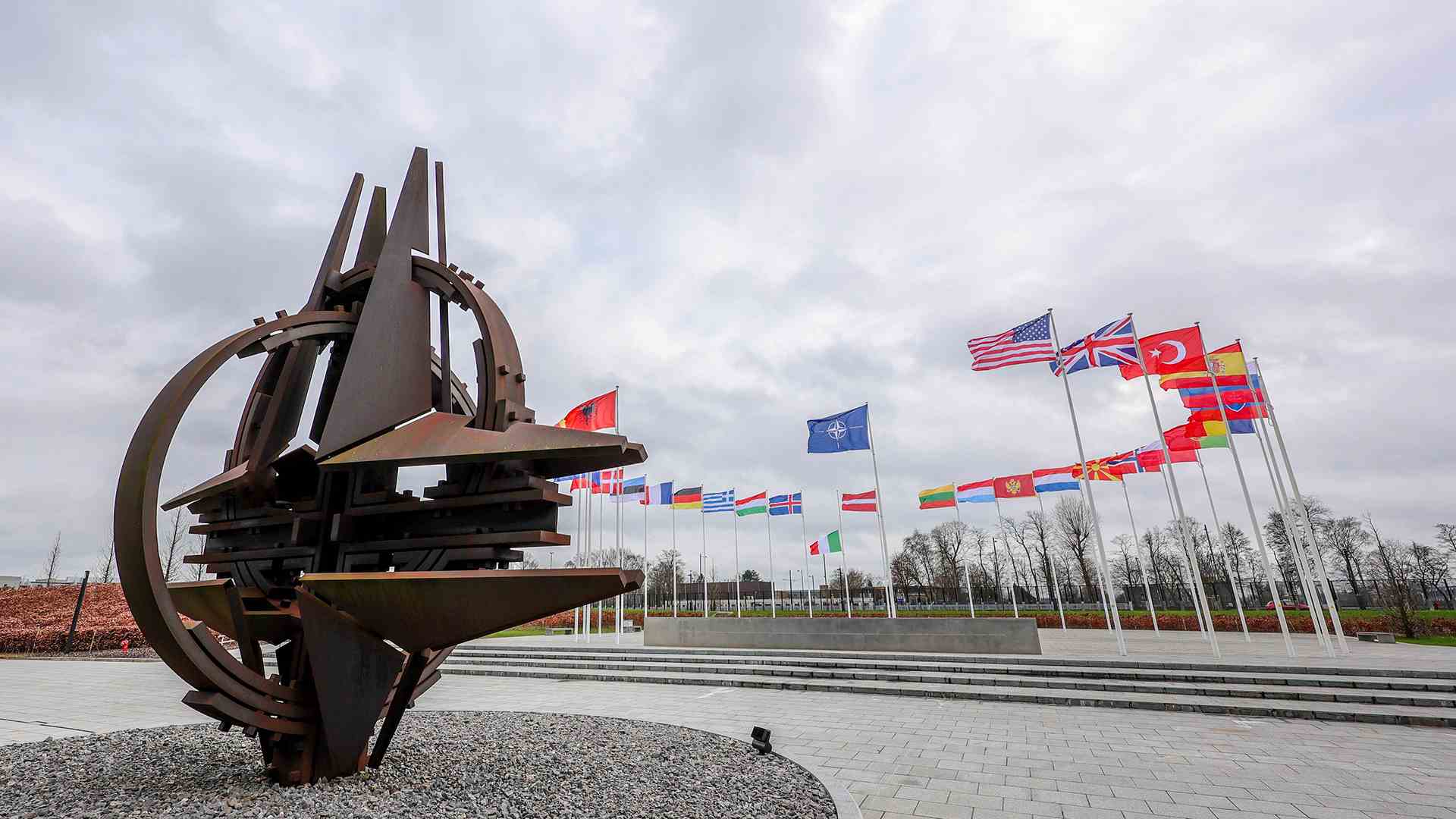Status: 05/27/2022 03:45 a.m
The NATO-Russia Founding Act of 1997 was a historic attempt to finally leave the Cold War behind and open a new chapter of cooperation together. 25 years later, the understanding almost seems as if it has fallen out of time.
Paris, May 27, 1997: Signing ceremony of the NATO-Russia Founding Act. For the host, French President Jacques Chirac, this is the culmination of the diplomatic rapprochement between West and East since 1990: “Our agreement is a success for Russia, for NATO, for Europe. Above all, it is a success for peace – and a great hope for our peoples.”
“NATO and Russia do not regard each other as adversaries”: This is the core tenet of the Founding Act. Both sides undertake to respect the sovereignty and territorial integrity of all states – and to refrain from violence against each other or other states. The NATO-Russia Council was set up to build trust, to pull together on armament issues and in the fight against terrorism. For Federal Chancellor Helmut Kohl, this moment even sealed the end of the division of Europe.
Today, the countries of the Atlantic Alliance and Russia are agreeing on a cooperation that is – and it is so true when I say it – unparalleled in history.
concessions on both sides
The rapprochement is also important because the Founding Act paves the way for NATO’s eastward expansion. Poland, the Czech Republic and Hungary will soon be the first former Warsaw Pact states to be part of the western defense alliance – many others are to follow.
To accommodate the Kremlin, the United States and European countries pledge economic aid to Russia and include Moscow in the prestigious group of leading industrialized countries. Most importantly, NATO says it has no intention of stationing nuclear weapons or combat troops in the new Allies. This point is particularly important to Russian President Boris Yeltsin.
There will be no nuclear weapons in the new NATO member countries. Conventional armed forces in Europe are being reduced. There will be no military infrastructure near Russia. It is a firm and binding commitment by the signatory states.
… and then came Putin
But the Founding Act is not a treaty that is binding under international law, but a political document, a declaration of intent. In the Founding Act, NATO expressly makes further deployments dependent on the security situation. For years, Yeltsin’s successor, Vladimir Putin, has militarily ensured in Chechnya, Georgia, Crimea and eastern Ukraine that precisely this security situation has deteriorated dramatically.
Putin declares NATO to be an imminent threat that thwarts his plans to bring neighboring states under Russian influence. At the World Economic Forum in Davos a few days ago, NATO Secretary General Jens Stoltenberg stated: With the attack on Ukraine and the threats to the West, Russia has strayed far from the spirit of the Founding Act.
Putin wanted less NATO on his borders and started a war. Now he’s getting more NATO on his borders. Finland and Sweden’s decision to apply for NATO membership is historic. It shows that European security will not be dictated by violence and intimidation.
US President Bill Clinton declared in 1997 that the Founding Act had lifted the veil of hostility between East and West.
Topic overview
war in Ukraine

